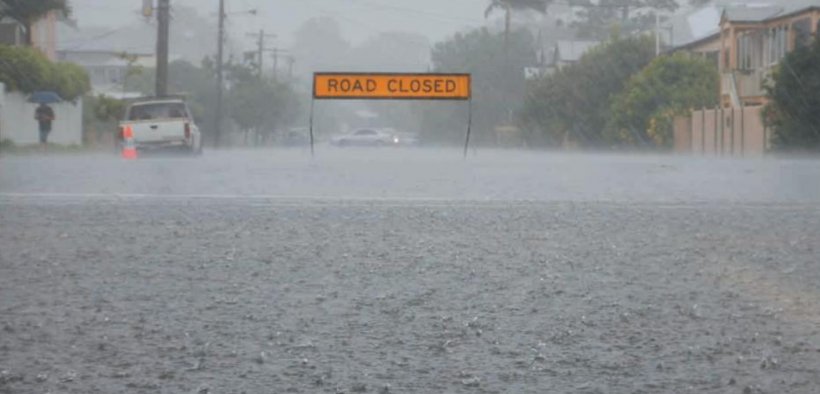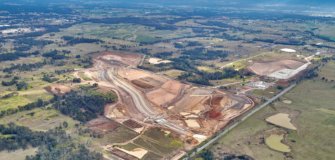Change to dewatering regs permit works during emergencies
Martin Sinclair May 21

The HRIA executive has secured a win for its NSW members with a change in regulations to allow members to remove groundwater and overland flows while undertaking urgent works required in response to an emergency event.
The regulation change means that there is no longer a need to hold the relevant licences and approvals in the event of an emergency to perform the above tasks.
The regulation amends the Water Management (General) Amendment (Emergency Works Exemption) Regulation 2021 and will apply to all public and private entities.
Regulatory change is a victory for commonsense
“It is a win for commonsense,” James Oxenham, HRIA CEO said. “It is an important change that we lobbied hard for in order for our members to be able to perform emergency works when needed.
“You can’t wait for 12 weeks for a licence to clear sewerage. In an emergency situation the work needs to be done and thankfully the change to the regulation recognises that, which will not only benefit our members but the general public as well.”
The Department of Planning, Industry and Environment’s Executive Director of Policy & Planning, Vanessa O’Keefe, said the regulation applies to works required to respond to an emergency event or prevent an imminent emergency event from occurring.
“It would include, for example, the removal of water from an excavation that had to be dug to fix a burst water supply pipe or sewer pipe,” Ms O’Keefe said.
“What the regulation does is allow public or private sector entities to immediately deal with the emergency situations that could put public health, the environment or infrastructure at risk, without having to wait for approval.”
Before this amendment, the requirement to hold a water access licence or one of the various approvals for dewatering activities applied even if such activities were to rectify emergency situations that that could put public health and safety, the environment or infrastructure at risk.
“The situation affected state-owned corporations, local councils and private sector providers who offered dewatering services to both government agencies and other private entities in an emergency event,” Ms O’Keefe said.
“In the past, these organisations would have had to act to address an emergency but were doing so without the actual licences and approvals in place to authorise the work. This regulation protects these entities from any prosecution for doing the essential emergency work they do.”
The exemptions have been developed in close consultation with the Natural Resources Access Regulator (NRAR) so that compliance and enforcement can be effective.
It includes strong safeguards to ensure that NRAR is notified before or as soon as possible once emergency works commence and within 14 days of the completion of the work along with declaration of the volume of water taken under the exemption.
The changes are now in effect. All materials, including FAQs and online forms relating to this new regulation are available online.
www.industry.nsw.gov.au










